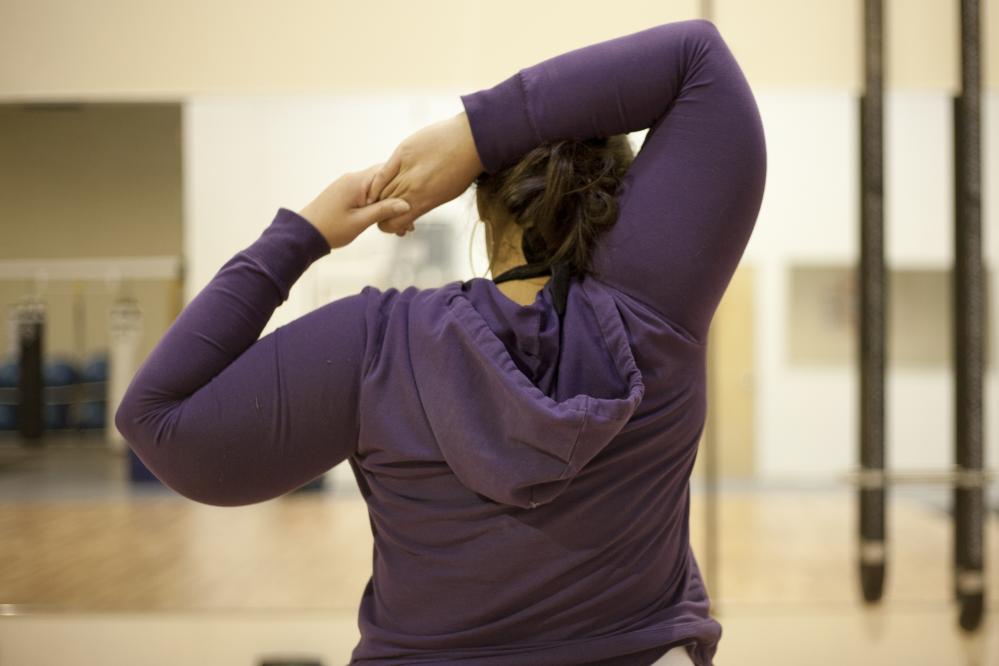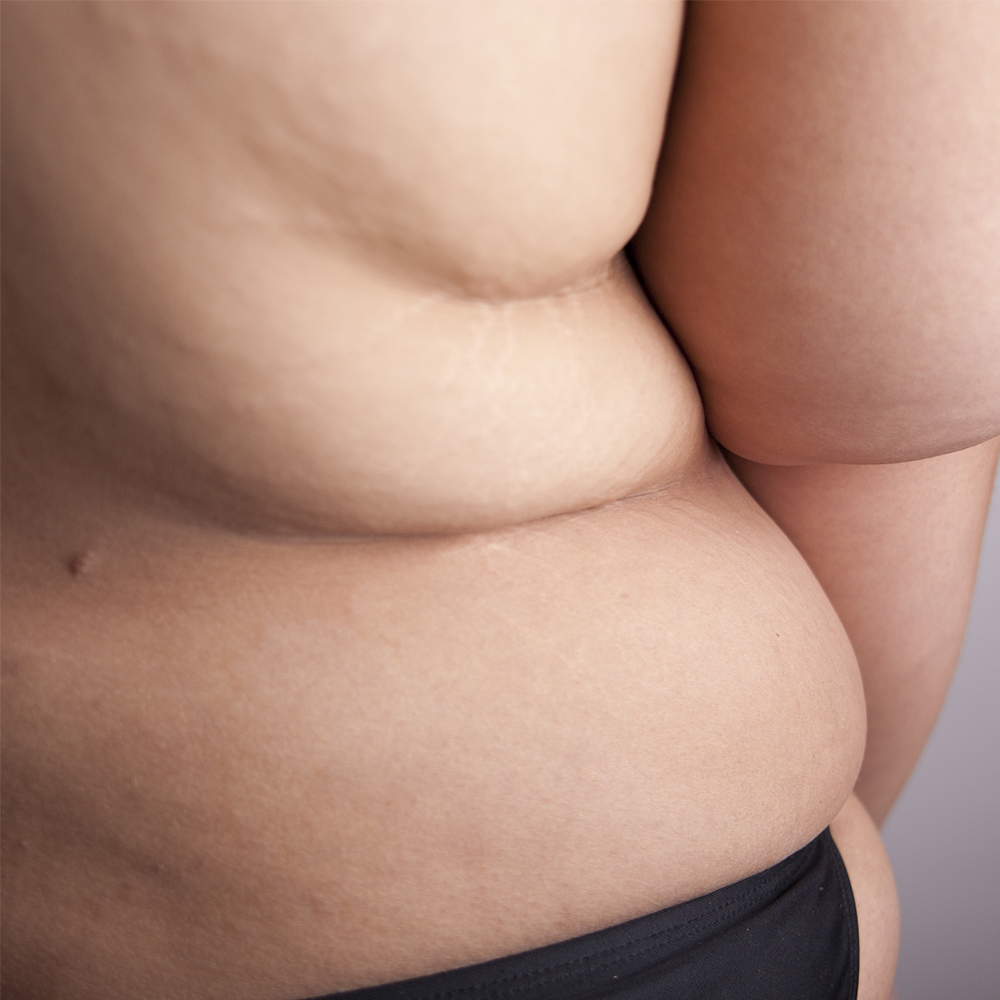Informed Consent and the Quiz
It is very important that you understand the risks and benefits of your operation prior to your surgery date. At your pre-surgical office visit with Dr. Belsley, you will take a short quiz to facilitate an additional discussion regarding various important issues prior to your operation. The purpose of the quiz is to assist your understanding and provide a source of conversation regarding the risks and benefits of the procedure. You will also be asked to review, initial and sign a consent form that discusses a number of important possibilities of your operation.
Pouch Size and Resetting Portions
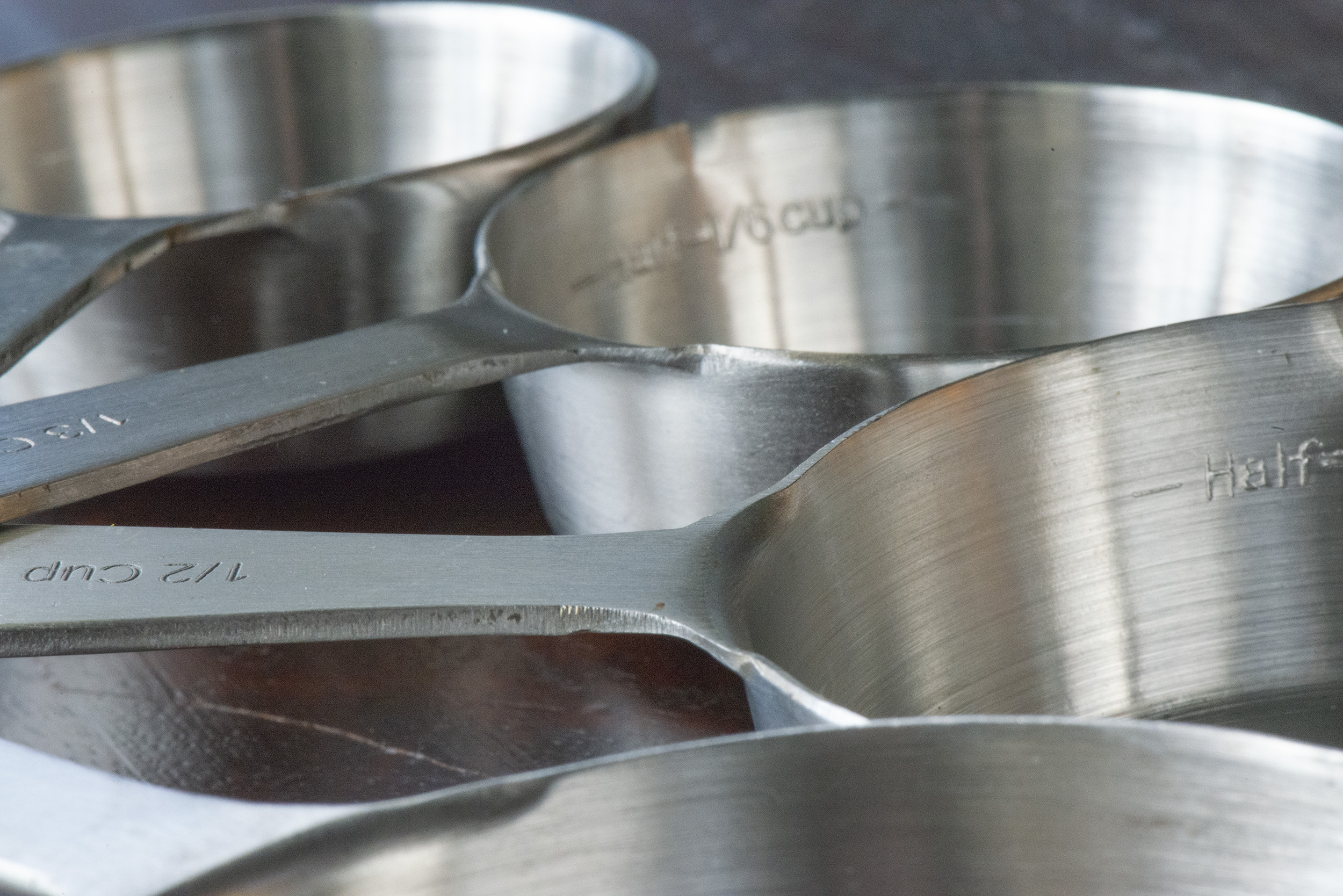
Is it important to work with your nursing team and walk in the hallway while in the hospital?
Yes this is true. It is very important that you get out of bed and walk after your operation. As soon as possible after your operation, your hospital team will encourage sitting in a chair and walking around (ambulation). The idea is that early mobilization helps with the blood flow in your legs so that your chance of having a blood clot will decrease. Standing upright (or close to upright in a chair) helps you breathe deeply and expand your lungs. This lung expansion will help mobilize the secretions in your lungs that build up during surgery and therefore help prevent pneumonia.
The Incentive Spirometer
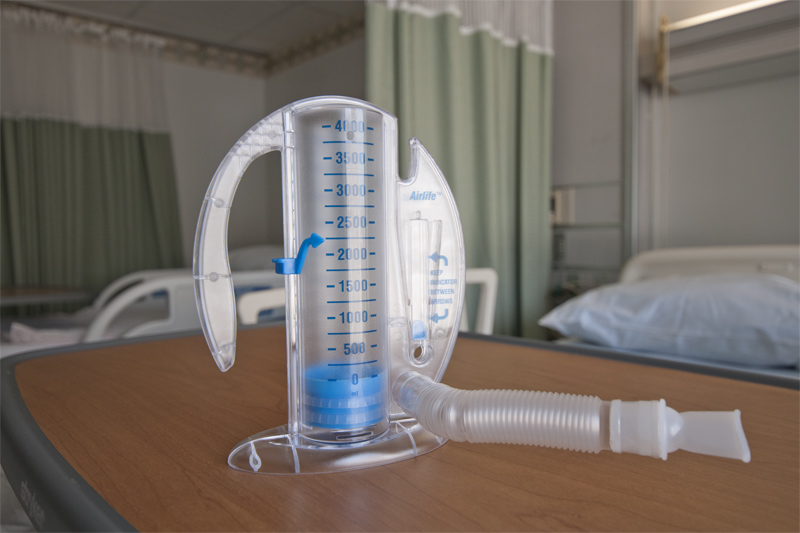
Is a healthy diet important after bariatric surgery?
Yes. A life-long commitment to a healthy diet and calorie restriction are the most important aspects of success. Although you are probably concentrating your thoughts on the actual operation and the immediate time period after your procedure, please remember that bariatric surgery is permanent. You will only have a good result if you follow diet and exercise guidelines. You need to take special precautions regarding your diet for the rest of your life. Although in the long-run, you will likely be able to tolerate most foods, you can’t revert to unhealthy food choices as you will slowly start to gain weight again. You must commit to a healthy diet.
Can you call Dr. Belsley’s office if you have a problem after your operation?
Yes, you can call our office if you have problems or questions both before and after your operation. You must commit to keeping Dr. Belsley informed. This line of communication is especially important in the first thirty days after your operation. You must keep Dr. Belsley informed regarding any new medical problems that may develop. Please do not go to some emergency room that is close to your home unless absolutely necessary. Even if this is necessary, please communicate with our office.
Is it important to follow up with Dr. Belsley and his team to ensure your weight-loss is on track?
Yes, it is very important that you participate with follow-up visits with Dr. Belsley and his team after your procedure. We are embracing telehealth so some of these visits can occur using technology without the need to physically come to our office. These visits occur at regular intervals depending on your progress after the operation. Long-term we would appreciate that you come to office-visits once a year so that we may follow your long term progress and possibly identify any chronic bariatric related problems that your primary care provider might not appreciate.
It is important to drink at least 4 ounces of liquids every hour when you go home from the hospital.
You will be placed on our 4 x 4 diet immediately after your operation. This diet starts with one ounce of liquid consumed very slowly over the course of an hour. You will be slowly advanced every few hours until you can drink four hours of liquid in one hour. You may go home if you feel well, can tolerate four ounces of liquid in an hour and meet our other discharge criteria. You can increase this amount of liquids per hour while at home based on your thirst.
You may start supplementing your clear liquid diet with protein supplements the day after you leave the hospital.
The most important diet recommendation for the first month after your operation is to make sure that you stay hydrated with water. You may start protein supplements while at home and comfortably tolerating water. While assuring a high protein intake is important after bariatric surgery, for the first week or two after surgery, ensuring adequate hydration is much more important.
Care with Eating and Drinking
After bariatric surgery, you will probably feel nauseous and possibly vomit if you eat too much, too fast, or if you eat the wrong kinds of food. You must also be careful not to wash food out of your new stomach or pouch. This means cheating the restrition by grazing on small amounts of food followed by a sip of water to help it pass through the pouch. You need to not drink any liquids for 15 minutes before and then one hour and one half after your meals.
Dumping syndrome may occur after a gastric bypass. The dumping syndrome is not typically associated with patients who have had sleeve surgery but may also occur. If you eat or drink sweets that are high in sugar then you will feel sick. This may also occur if you eat and drink at the same time. Dumping syndrome occurs when the food that you eat passes too quickly out of your stomach and into your intestine. Nausea, vomiting, bloating and abdominal cramps may occur almost immediately after eating foods high in fat and sugar. Foods that are high in sugar may also cause weakness, sweating and dizziness that occur one to three hours after eating due to a heightened insulin release.
High Protein Foods
Although the data is still not absolutely clear, a diet that is high in protein is likely better for weight-loss and the high-metabolic state that your body will be in after the operation. Foods that are high in protein include cottage cheese, yogurt, eggs (especially egg-whites), tuna, salmon and beans
Protein and Eggs

Activity in the month after surgery
You should try to be lightly active when you return home after your operation. You should try to walk both inside and outside your home as much as possible. Do not spend all day in bed. You should avoid heavy lifting for thirty days after your operation. After your second post-operative visit, at approximately four weeks after your operation, you are typically cleared for all physical activity.
Emergency Signs after your operation
Dr. Belsley and his team are generally available for your questions after the operation via the office phone. Important signs to worry that mandate a phone call to Dr. Belsley include a very rapid heart rate that is sustained after your operation. A heart rate that is greater than 125 beats / minute is normal with exercise. If you are lying down and don’t feel well and find that your heart rate is 125 beats / minute or greater than please call our office. While a little bit of pain and an occasional episode of vomiting is considered normal, you must call our office if you can’t keep any liquids down and if you have severe abdominal pain. A slightly elevated temperature may be normal after your operation. A temperature greater than 101.5 F may also be worrisome and merits a phone call to our office.
How often should I Exercise after Bariatric Surgery?
Exercise provides a number of health benefits and regular exercise is very important to sustain long term weight loss. You must be ready to start a formal exercise program as soon as thirty days after your procedure. The American Heart Association recommends approximately 30 minutes of cardiovascular exercise 5 times / week. It is better to split your exercise into short sessions multiple times a week instead of trying to do a large amount of exercise on one or two days. Exercising three to five times per week is an ideal goal.
When to go back to the gym
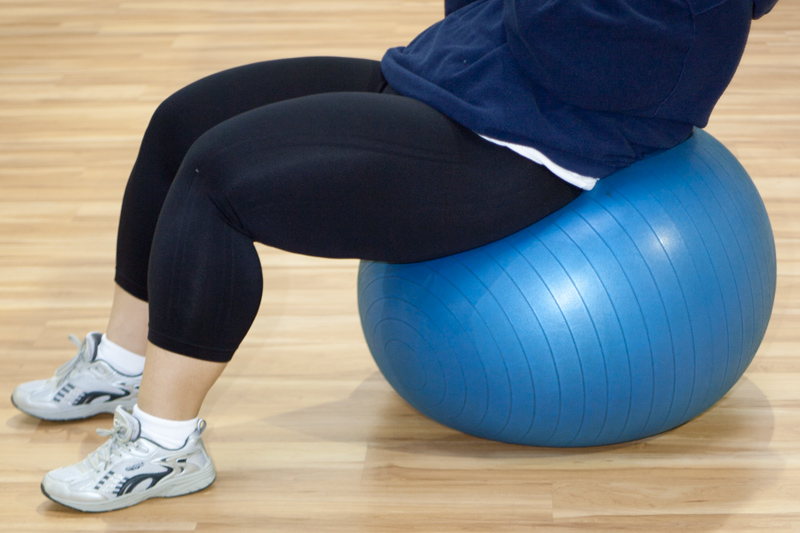
Is it possible to transfer food addiction to alcohol addiction or other bad habits after bariatric surgery?
Yes. It is possible to transfer food addiction to a different addiction or bad habit after surgery. An addiction to unhealthy food almost always plays some role in the problem of obesity. You need to be careful not to substitute the reward pathways provided with eating unhealthy food with another unhealthy habit that may cause similar feelings of pleasure. There are a variety of physical and emotional changes that occur after bariatric surgery. Some of these changes may lead risk-taking behavior. If you have a previous diagnosis of depression or anxiety and you have previously been prescribed medications, then you should continue to take your medication in the immediate time up to and after your operation. Do not make your own decision to stop these or any other medications. If you feel extremely anxious or depressed after your operation then please speak with your psychiatrist, clinical psychologist or a member of Dr. Belsley’s team. Do not return to old eating habits and do not keep your problems to yourself.
When do you stop taking your vitamins and minerals?
Supplemental vitamins are important after bariatric surgery and must be taken regularly for the rest of your life. The standard vitamins that you should take after a gastric bypass include: a multivitamin, Vitamin B12, Calcium and Iron. The same vitamin regimen is recommended after a gastric sleeve. Even if you feel fine, you cannot stop taking your vitamins- you must take vitamins for the rest of your life.
Although vitamins are very important to your long term health after bariatric surgery, you do not need to worry very much if they make you feel nauseous the first week or two after your operation. You may start your vitamins and protein supplements the day after you leave the hospital and are at home. If they do not make you feel well, do not force them. As long as you can keep yourself hydrated with water, you are likely doing just fine and can start the vitamins and protein at a later date.
Lifelong Need for Vitamins
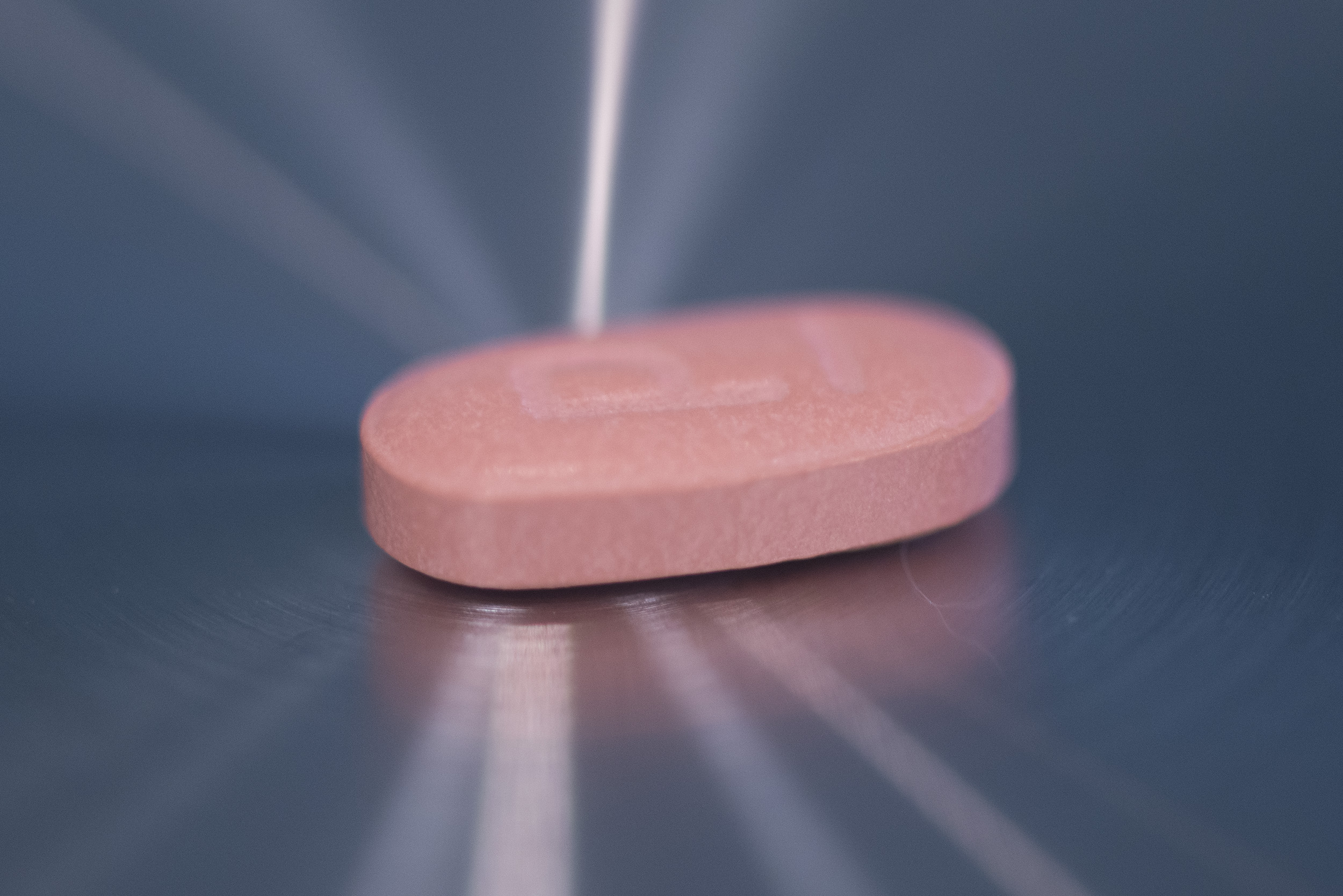
Are you 100% guaranteed to permanently lose weight after bariatric surgery?
This statement is false. Nothing is guaranteed with regards to bariatric surgery and your potential weight-loss. The numbers that are quoted with each procedure are an estimate of excess weight loss that is estimated based on the results of both Dr. Belsley as well as what is considered consistent with the results of others published in the surgical literature. Although you may think that weight regain is impossible in your personal situation almost every person that has regained their weight thought the same.



